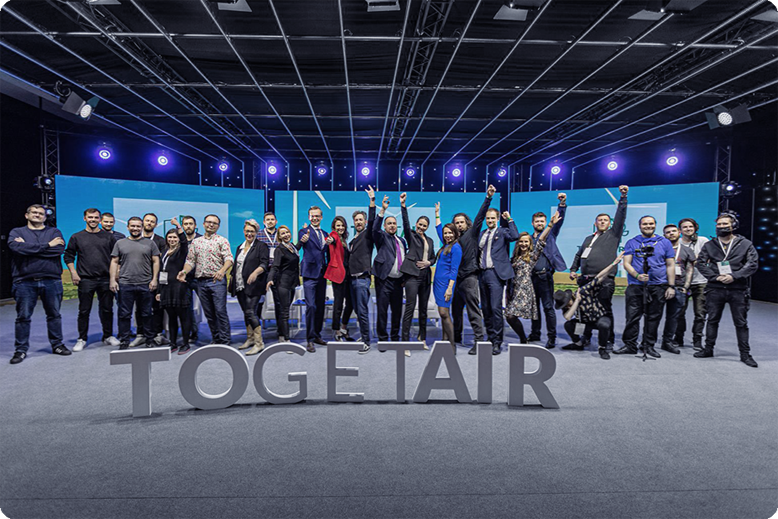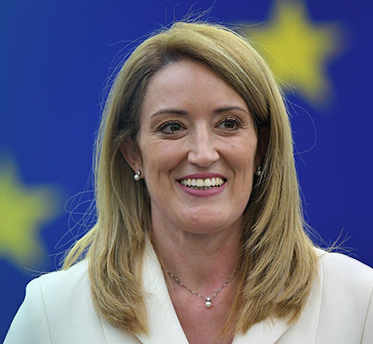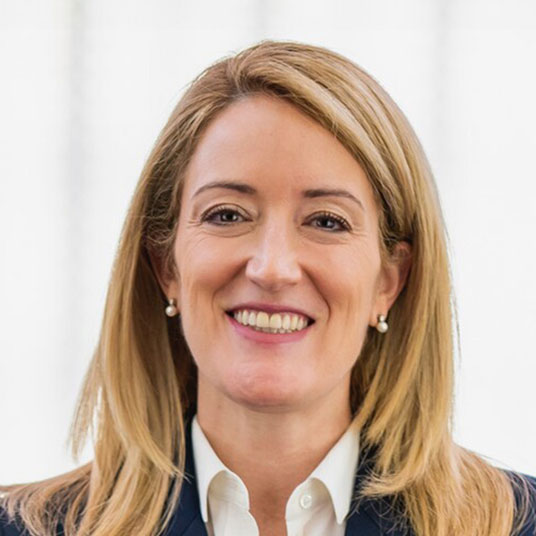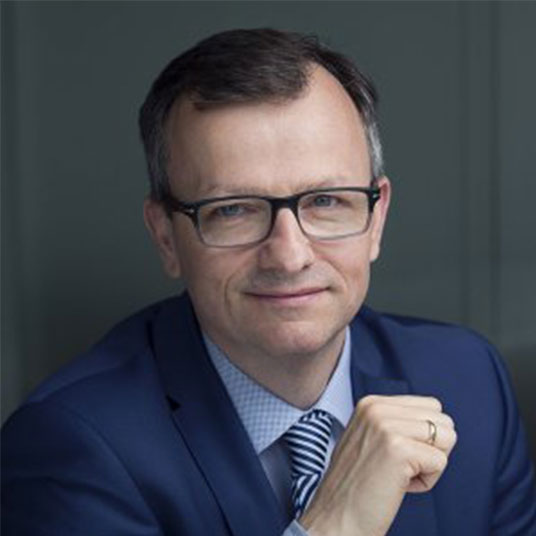Total reach
What is TOGETAIR?
TOGETAIR Climate Summit
The TOGETAIR initiative has set out on a mission to establish a cutting-edge platform that fosters the sharing of knowledge, ideas, and collaboration aimed at safeguarding the environment, achieving climate neutrality, and supporting Poland’s ambitious and economically viable climate policy goals. Bringing together diverse groups across Poland, including government and local administration, academia, businesses, NGOs, and media, this initiative endeavors to become a noteworthy contributor to the ongoing social discourse, not just in Poland but throughout the entire CEE region and the European Union.

Top Speakers
INSIGHTS
News
The 6th International Climate Summit TOGETAIR 2025 is behind us – thank you!
Dear Speakers, Dear Moderators, Dear Guests, Dear Members of the Media, The 6th International Climate Summit TOGETAIR 2025 is now behind us – and we are still buzzing from the intense dose of debates, inspiration, and meetings with truly exceptional people. Thank you for being with us – whether in person in Warsaw at VARSO … Continued
The economics of new energy – challenges and costs of energy independence for Poland and Europe
The war in Ukraine was a painful reminder of the need to restore the energy infrastructure that was being destroyed and to maintain the country’s energy independence. One of the most important elements of national security and defence is the ability to provide a stable and independent source of energy. This requires a shift in … Continued
Energy resources and hydrogen – how will green fuels transform our economy?
Nowadays, the fight against climate change and decarbonisation are becoming increasinglymore topical issues. In this context, hydrogen, which is considered to be the fuel of theof the future, appears to be the ideal solution to most of the problems associated withgreenhouse gas emissions. Poland, in a special hydrogen strategy, envisages the emergence of anew branch … Continued
A NET ZERO FUTURE. TOWARDS A ZERO AND LOW-CARBON ECONOMY
Today, environmental issues are increasingly pressing. As a societywe must act quickly and effectively to prevent the catastrophic effects of climate change. Preciselythis is why opening the TOGETAIR 2023 economy mode at the University of Warsaw is so important – itit enables us to focus on research and development of eco-friendly solutions that will allow … Continued
TOGETAIR OBJECTIVES
10 demands
TOP
Previous editions
The Summit’s invitees comprise a diverse group of individuals, including ministers,
EU Commissioners, parliamentarians, CEOs of prominent corporations, experts, representatives of local governments, important figures from the political, economic, and social spheres, and members of the press.















